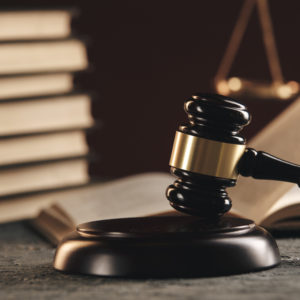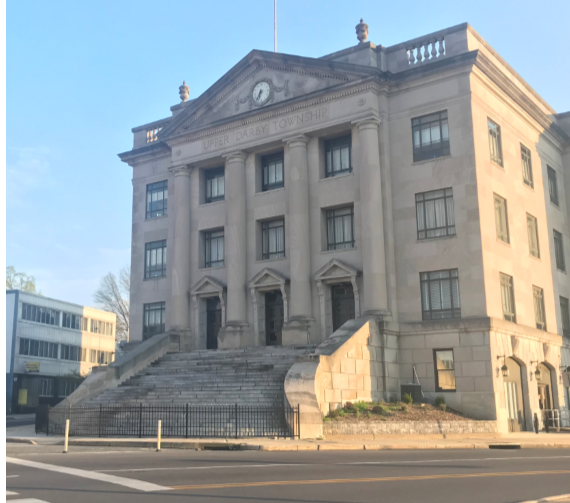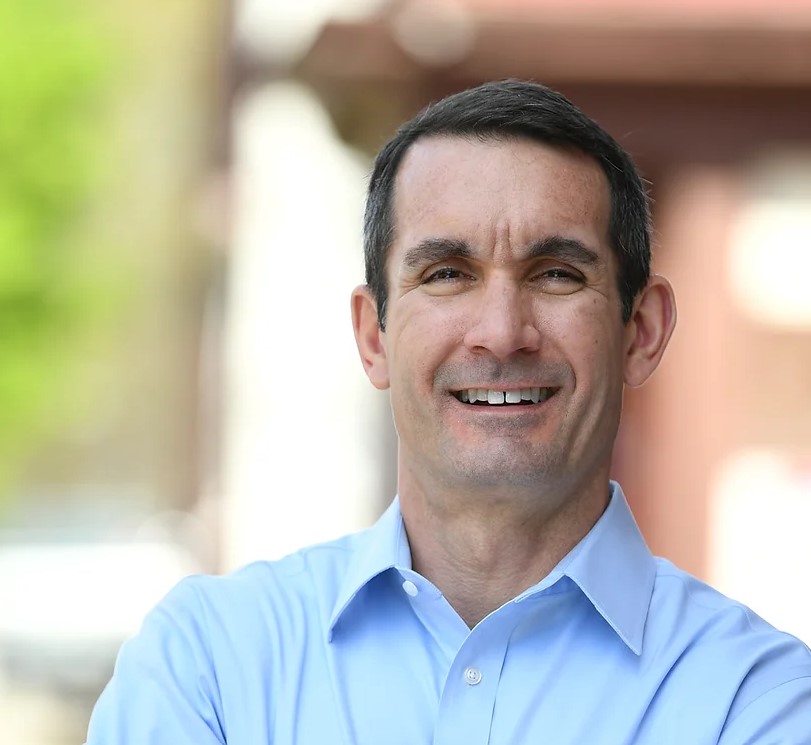The Trump administration’s Department of Justice is suing six states, including Pennsylvania, for failing to provide accurate voter registration rolls. “Clean voter rolls are the foundation of free and fair elections,” U.S. Attorney General Pamela Bondi said in announcing the lawsuit. “Every state has a responsibility to ensure that voter registration records are accurate, accessible, […]










